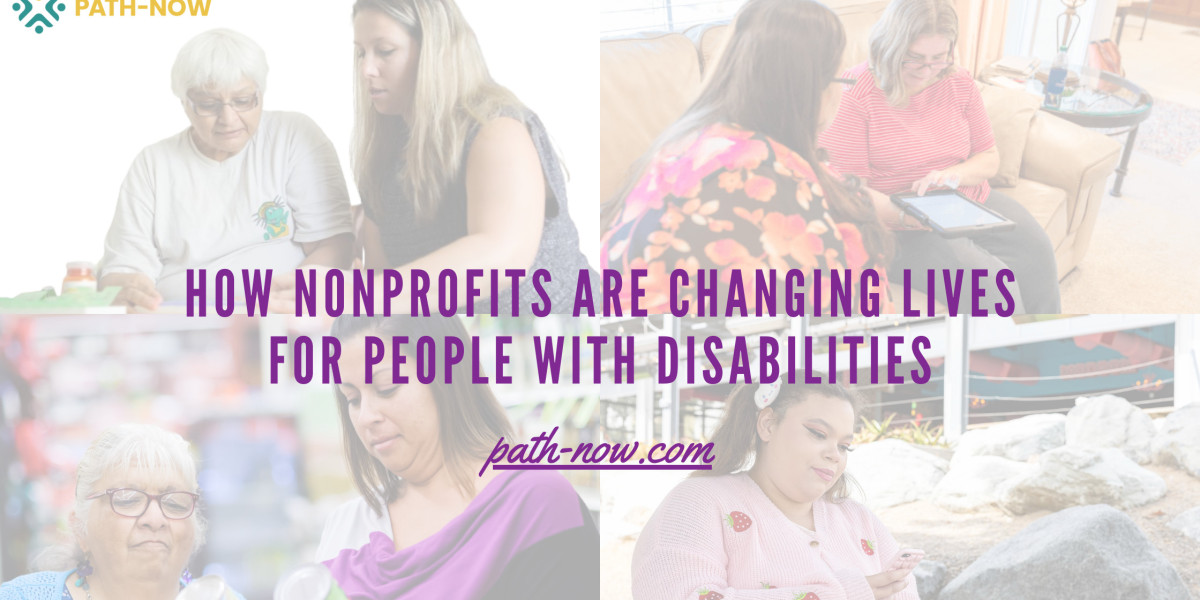Nonprofits play an instrumental role in transforming the lives of people with disabilities, creating opportunities, advocating for rights, and providing essential services. As the landscape of support continues to evolve, organizations dedicated to this cause are increasingly at the forefront of social change, working tirelessly to ensure that disabled individuals have access to the resources and opportunities they need to thrive.
Empowerment Through Advocacy and Education
One of the primary ways nonprofits are changing lives is through advocacy and education. Organizations like PATH (People Assisting the Homeless), featured on https://path-now.com, are dedicated to raising awareness about the challenges faced by people with disabilities. These nonprofits work on multiple levels, from grassroots campaigns to national policy advocacy, ensuring that the voices of disabled individuals are heard in legislative and public discourse.
By educating the public, these organizations help to dismantle misconceptions and stereotypes about disabilities. They provide training and resources to employers, schools, and communities, fostering environments where people with disabilities can participate fully and equally. Education also extends to disabled individuals themselves, empowering them with the knowledge and skills needed to navigate various aspects of life, including employment, education, and healthcare.
Providing Essential Services
Nonprofits are often the lifeline for people with disabilities, offering a range of essential services that might otherwise be inaccessible. These services can include housing assistance, transportation, vocational training, and healthcare. For example, organizations like PATH focus on providing housing solutions for people with disabilities who are homeless or at risk of becoming homeless. By addressing these fundamental needs, nonprofits help to stabilize lives, enabling individuals to focus on long-term goals such as education, employment, and personal development.
Vocational training and employment services are particularly impactful. Nonprofits provide tailored programs that help disabled individuals develop the skills they need to succeed in the workforce. These programs often include job placement services, mentorship, and ongoing support to ensure long-term success. By facilitating meaningful employment, nonprofits help people with disabilities achieve financial independence and a sense of purpose.
Building Inclusive Communities
Another crucial aspect of the work done by nonprofits is community building. These organizations strive to create inclusive environments where people with disabilities are valued and supported. They organize events, support groups, and community activities that bring people together, fostering a sense of belonging and reducing social isolation. In doing so, nonprofits help to build networks of support that extend beyond their formal programs, creating a more inclusive society for everyone.
The Path Forward
The work of nonprofits in supporting people with disabilities is vital and ongoing. As they continue to innovate and expand their services, these organizations are making a profound difference in the lives of countless individuals. By advocating for rights, providing essential services, and fostering inclusive communities, nonprofits are helping to create a world where people with disabilities can live with dignity, independence, and full participation in society. Websites like https://path-now.com are excellent resources for learning more about these efforts and how you can get involved in supporting this important work.








